Outages
Sign up for outage alerts
Use the form below to sign up for our outage alerts. If you have questions about the form, please e-mail publicaffairs@gcpud.org. One form per person.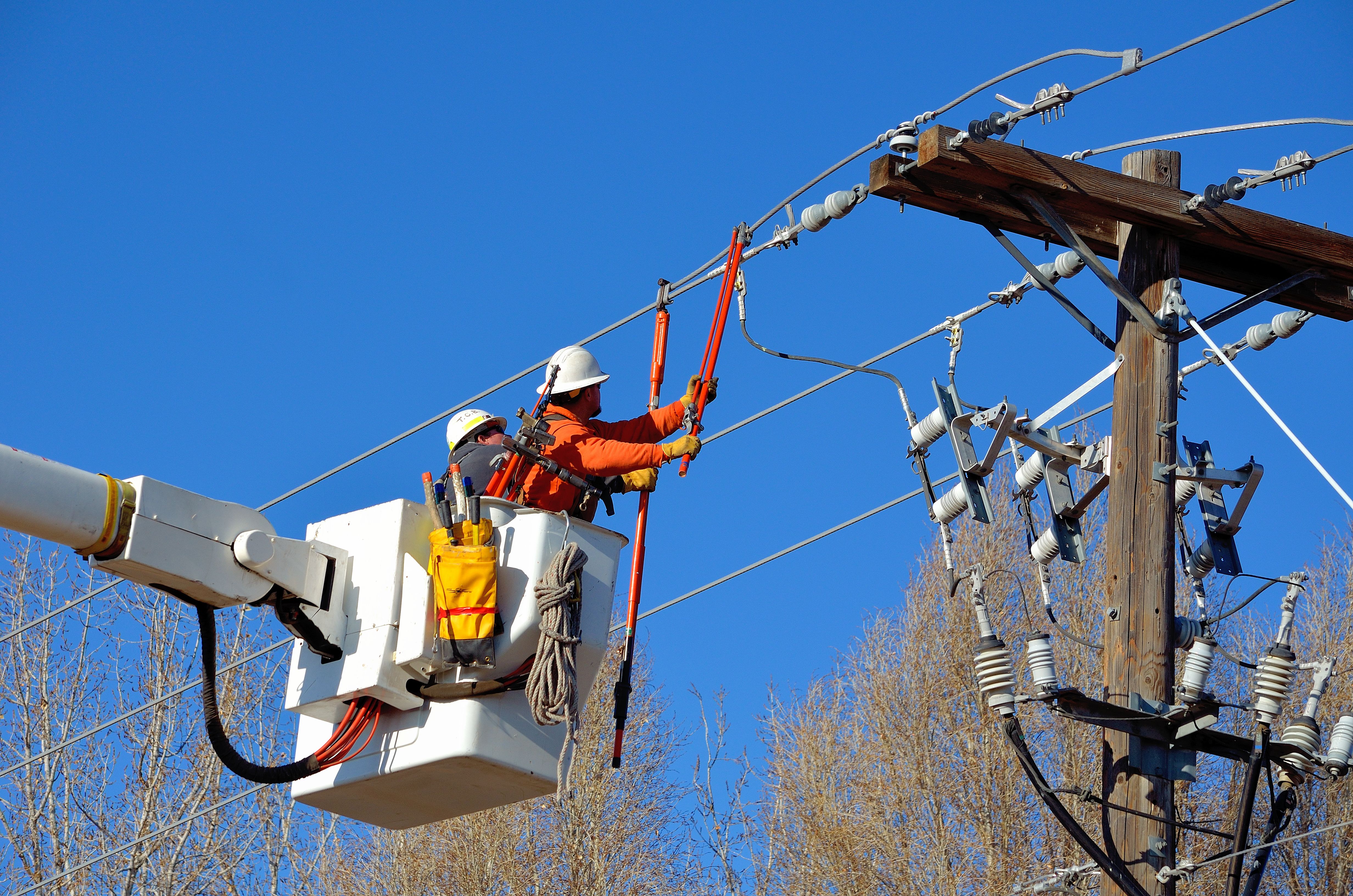
Click below for FAQ's on our outage text
alert notifications
Report an Outage 24/7
800.216.5226
Call to report an outage or emergency involving power 24 hours a day, 7 days a week.
Do not call 911 to report an outage. Calling 911 will delay our response time and distract emergency personnel from their actual emergencies.
STREET LIGHT OUTAGE
E-mail customerservice@gcpud.org or call us at (509) 766-2505 during regular business hours. For an emergency regarding street lighting call us anytime at (800) 216-5226.
FIBER OUTAGE
To report internet service problems, contact your internet service provider. See List Here
Stay away from downed power lines!
Even the ground near a downed line can be dangerously charged with electricity. Never come in contact with anyone who is being shocked or anything that is touching a power line.
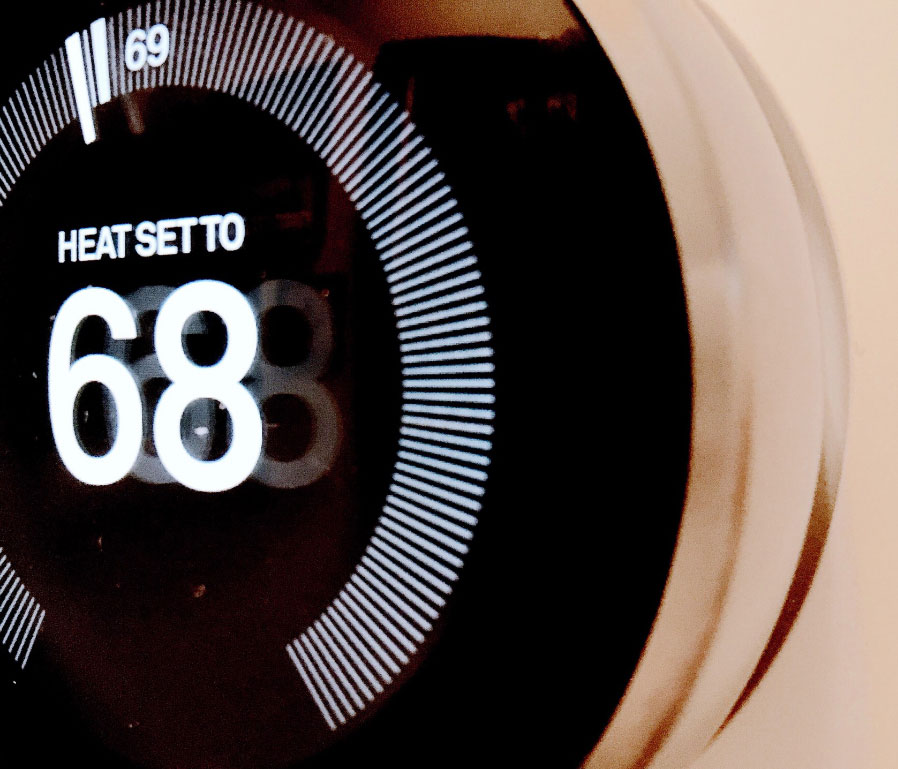
What to do during an outage
Follow us on Facebook or Twitter and then check our feeds to see if we’re already working on the outage.
-
 Turn off and unplug all sensitive electrical equipment.
Turn off and unplug all sensitive electrical equipment. -
 Turn down your thermostat and turn off your water heater circuit breaker.
Turn down your thermostat and turn off your water heater circuit breaker. -
 Keep refrigerator and freezer doors closed.
Keep refrigerator and freezer doors closed. -
 Try to be patient - our crews work as fast as they can to safely restore your service.
Try to be patient - our crews work as fast as they can to safely restore your service.
For more helpful tips on how to prepare for a power outage emergency…
Generator use during an outage
Many Grant County residents have fuel-burning electricity generators to power lights and appliances. They increase comfort during prolonged outages, but improper use will lead to carbon-monoxide poisoning or death. Follow the tips below to stay safe.

![]()
Never operate the generator in enclosed or partially enclosed spaces. Generators can produce deadly levels of carbon monoxide very quickly. Use carbon monoxide detectors in enclosed spaces to monitor air quality while generators are running.
![]()
Do not connect generators directly to household wiring without an appropriate transfer switch installed. Power from generators connected directly to household wiring can backfeed along power lines and electrocute anyone coming in contact with them, including linemen making repairs.
![]()
Do not overload the generator. A portable generator should be used only when necessary and only to power essential equipment or appliances.
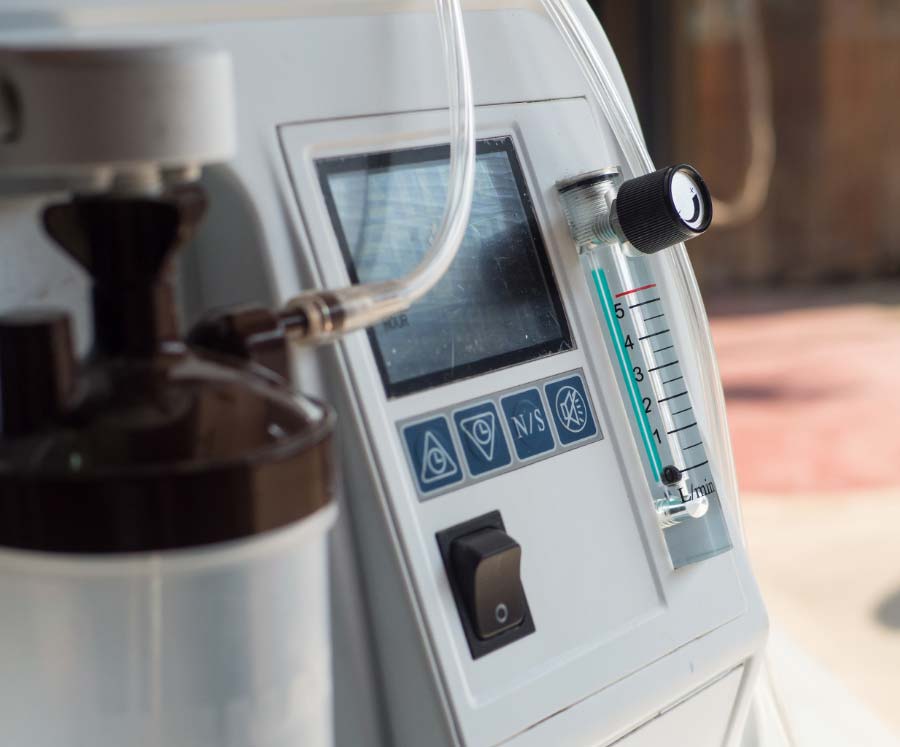
Customers with critical need
We can’t guarantee a constant source of power, because storms, wildfires and other unexpected damage to power equipment can happen at any time. It’s vital for customers to prepare themselves for outages. If anyone in your household depends on a respirator or other electric-powered equipment needed to sustain life, please contact us. We want to hear from you.
CONTACT US
509.766.2505Scheduled Outages
If we have to cut power, we'll attempt to advise customers with known life-support equipment ahead of time of the date, time and length of the planned outage.
Be Prepared
Customers with medical needs should make preparations in advance for unexpected power outages. Participation in the program does not mean that power will not be disconnected for nonpayment or interrupted due to an unplanned outage.
Emergency Preparedness
All households should assemble an emergency kit to improve comfort and safety during prolonged power outages or other emergencies.Contact the Grant County Department of Emergency Management at (509) 762-1462 and visit ready.gov for specifics on creating an emergency kit and forming a family emergency plan.
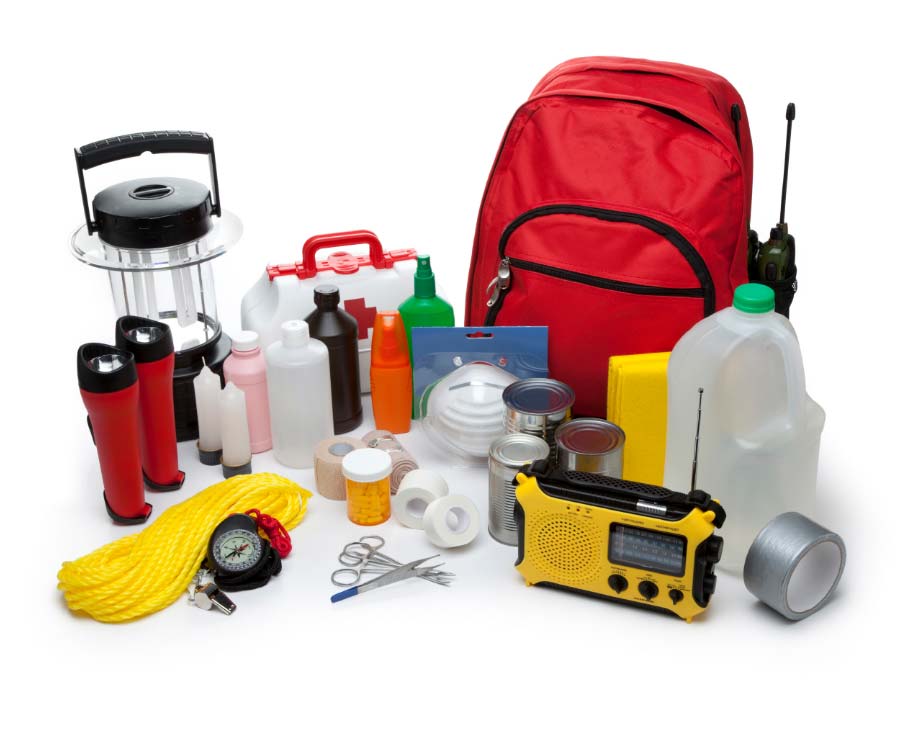
- Water: one gallon of water per person per day for at least three days, for drinking and sanitation
- At least a three-day supply of non-perishable food
- Battery-powered or hand crank radio, a NOAA Weather Radio with tone alert, and extra batteries for both
- Flashlight and extra batteries
- First aid kit
- Whistle to signal for help
- Dust mask to help filter contaminated air and plastic sheeting and duct tape to shelter in place.
- Moist towelettes, garbage bags, and plastic ties for personal sanitation
- Wrench or pliers to turn off utilities, such as water or natural gas.
- Manual can opener for food
- Local maps
- Cell phone with chargers, inverter, or solar charger
- Prescription medications or other important supplies specific to your family
How does a power pole catch on fire in the rain?
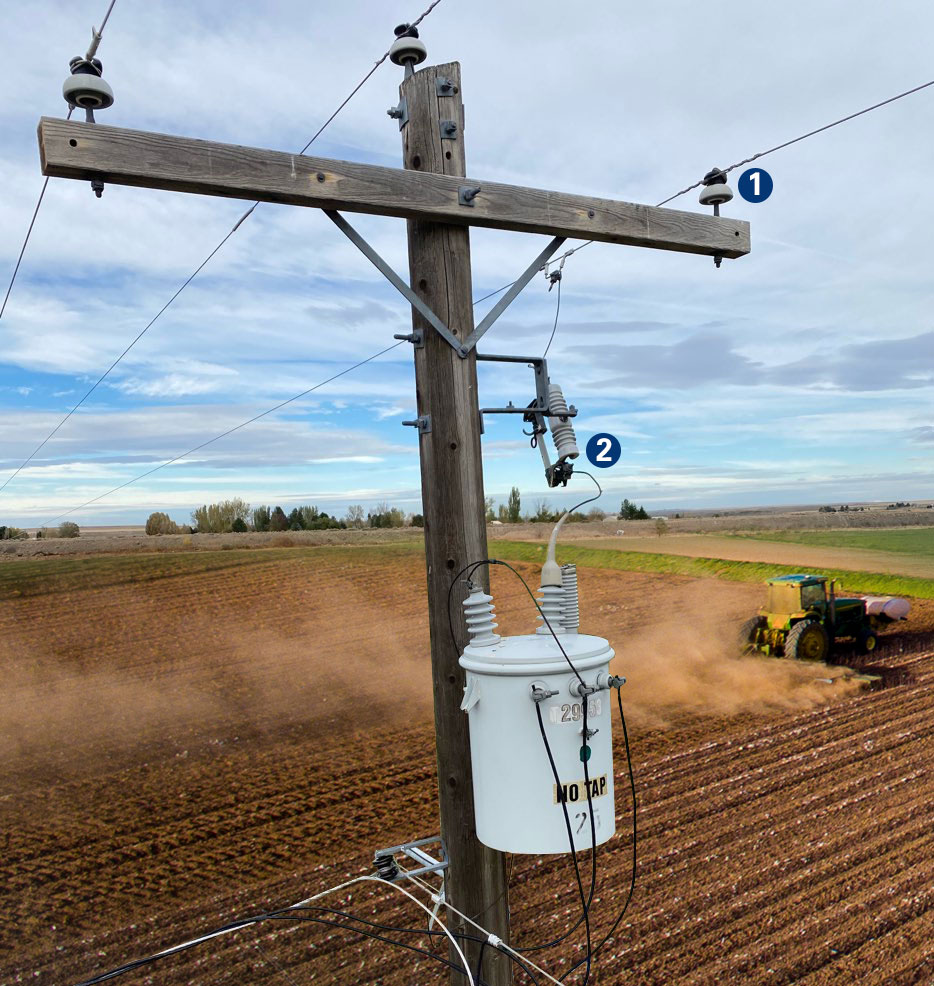
What causes a pole fire? Pole fires can ignite for many reasons, but most pole fires in Grant County happen after the first rain (or two) following a long dry spell. The rain moistens the dust that has accumulated on the pole insulators (1) or other components (2). That dust is very close to energized wires. When it becomes wet it can become charged with electricity and conduct that electricity – and associated heat – to metal bolts and brackets that attach insulators and other components to the pole. The heat can be enough to set the pole on fire, especially if the wood pole is dry and weathered.
Where are pole fires most common? Pole fires most often happen in areas of the county where crop rotation and “disking” or tilling of the soil is frequent. Soil tilling kicks up dust that settles on the components of nearby power poles. Dust accumulates over long periods of time in a county like Grant, with limited rainfall. When it finally does rain, the rainfall is likely to be light, rather than cleansing or heavy. The topography and climate in Grant County also contribute, since dust kicked up by activities like agriculture or construction can travel many miles, carried by the wind.
What is Grant PUD doing to reduce incidents of pole fires? Our crews are gradually replacing the traditional, ceramic pole insulators and metal pole attachments with ones made of polymer – plastic or fiberglass. These materials don’t conduct electricity, nor transfer heat from electrified dust to the pole. Our electric system contains from 1,000 to 5,000 of these old-style ceramic insulators. We’re working on it.
Why doesn’t Grant PUD use non-flammable poles in vulnerable areas? Most all of Grant PUD’s poles are made of cedar and treated for extra weather resistance. These poles are easy to work with and replace. They’re the industry standard. Steel or concrete poles are heavy, harder for crews to climb, and more expensive. A decision to use a pole other than cedar would be possible but would be made on a case by case basis.
Power Outage FAQs
Call our toll-free power outage number at (800) 216-5226. After you call, turn off the breaker to your water heater, unplug sensitive electronic equipment, and turn down your heater or air conditioner. This will protect your equipment and also prevent a load surge on our system when the power comes back on.
Power outages can be caused by weather conditions, wildfire, accidents that damage electrical equipment or mechanical problems. We constantly monitor and maintain our electrical system, but power outages can't always be prevented. Crews respond to outages as soon as we become aware of them and begin the process of restoring power.
We typically won't know how long power will be out until crews arrive at the scene and have time to assess the damage. Please be patient and follow our Facebook and Twitter feeds for updates as crews work to safety restore power.
First, check to make sure that no breakers have tripped in your circuit breaker panel. If all of your breakers are operational, there is likely a problem with your connection to our distribution system. The equipment that supplies power to your neighbors might not be the same equipment that supplies you. If the problem is localized to just your connection, we often won't know about the outage until you report it. Call our outage line at (800) 216-5226.
Keep the doors to your refrigerator and freezer closed as much as possible during the outage. If the outage is longer than four hours, consider using ice or dry ice to help preserve your food. For information regarding food safety, contact the Grant County Health District. The US Department of Agriculture is also a good resource of information.
If you do not have drinking water stored, your best option is to go to a location that has safe drinking water and get enough to last each person in your household for the anticipated duration of the outage. The recommendation is a gallon of water per person per day in normal temperatures. In cases of extreme heat, it's two gallons of water per person. If you can't leave your home and you don't know anyone who can bring you water, contact the Grant County Health District at granthealth.org or (509) 754-6060 or the American Red Cross (509) 663-3907 or redcross.org. If you are concerned about livestock and don't have a way to get them water during a prolonged outage, contact the American Red Cross.
If you have trees down on your property that are touching or have damaged power equipment, don't go anywhere near the trees or the equipment until a Grant PUD crew arrives on scene and tells you it's safe. We don't remove fallen trees from private property. Call your property-insurance agency to report the damage.
When the power comes back on, wait a few minutes before plugging in your sensitive electronic equipment and turning on your water heater, major appliances, and heater or air conditioning. After a few minutes, the circuits on our electrical system should be ready for the increased demand.
Restoring power is a complex and dangerous job. Sometimes after a line is repaired in one location, other damage causes the line to go out again. It also may be necessary to turn off your power temporarily to safely repair other problems.
If you are having a life-threatening medical emergency because of a power outage, hang up and call 911. If it is not a life-threatening emergency, find a place you can go that does have power. If you can't leave your home, contact the American Red Cross at (509) 663-3907 or redcross.org. We will try to restore power as quickly and safely as possible. It's important to prepare in case of outages. For more information click here.
If the outage is prolonged and you do not have a way to stay warm or keep cool, please contact the American Red Cross at (509) 663-3907 or redcross.org.
Portable generators should only be used outdoors, never in enclosed spaces, and away from windows and ventilation units. Do not connect portable generators directly to household wiring and do not overload a generator. Read more here. Also, never use a backyard grill or stove indoors. They produce fumes that can be deadly in confined spaces.
We can't be held responsible for things that happened beyond our control. If you believe you have been damaged through our gross negligence, review our Tort Claim Form.
When we assess how to operate and maintain our power system, we consider several factors. Here in Grant County, we have many open areas with few trees, and elevated lines are typically the most efficient and effective way to deliver electricity to the majority of our customers.




